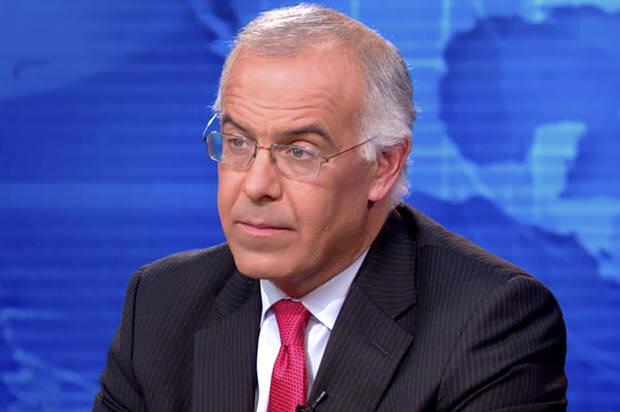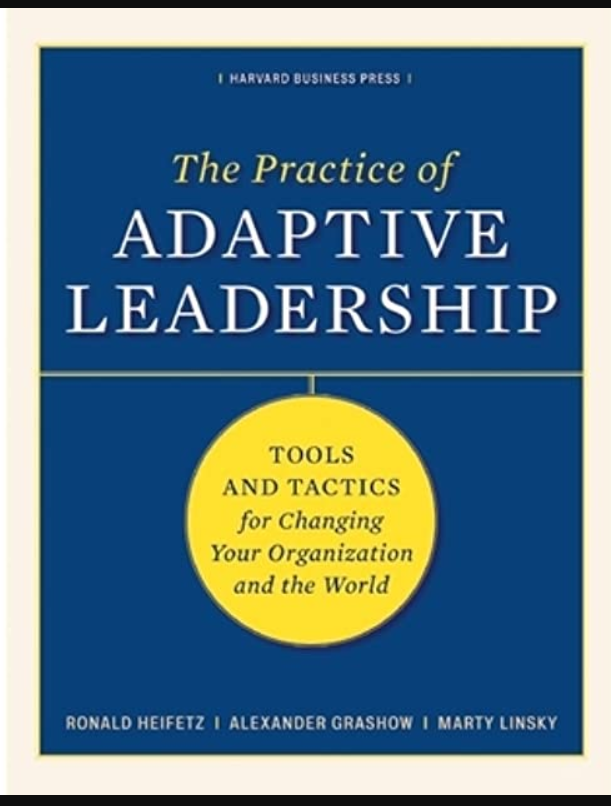The Blues and a Post-Pandemic Cultural Vision
Epidemics . . . are not merely biological—human behavior is usually involved in spreading the disease, in reacting to it and treating it, and in recovering from it. Because all such activities are culture laden, a cultural dimension is integral to them. . . . Epidemic disease is one of the bleakest kinds of disaster—its results can totally alter social and cultural adjustments. When the disaster has passed, some sort of cultural tradition must be assembled by whoever survives from whatever cultural elements may have survived.
—Paul Bohannan, 1995
Intro: A Shelter from the Storm
When a culture experiences disaster, what survives the calamity are stories, lessons, practices, and values needed to move forward. Although too early in the pandemic to determine the long-term impact on American and global culture, we can and should envision the possibilities and propose best-case-scenarios.
Wouldn’t you agree that worst-case-scenarios blanket the airwaves?
Jazz is grounded in the blues, which confronts reality and hopes for better. My best-case-scenarios, probably like yours, are blues-tinged, taking in the tragic reality of our current experience and coming aftermath, while holding out for a modicum of optimism and a dollop of laughter despite the pain. So, a best-case scenario isn’t about reality denial, repression, or avoidance. For sure, our current moment is a shit storm of epic proportions. But as we shelter-at-home from the storm and practice social distancing, why not use our imagination to envision the sun coming out on the other side of this catastrophe?
The blues is an impulse to keep the painful details and episodes of a brutal experience alive in one’s aching consciousness, to finger its jagged grain, and to transcend it,, not by the consolation of philosophy, but by squeezing from it a near-tragic, near-comic lyricism.
As a form, the blues is an autobiographical chronicle of personal catastrophe expressed lyrically.
—Ralph Ellison
The Lessons of Culture
In How Culture Works, anthropologist Paul Bohannan defined culture as “a combination of the tools and the meanings that expand behavior, extend learning, and channel choice.” The tools are technology and traditions, the meanings derive from the myths and stories of a culture.
This primary understanding of culture is a foundation for forecasting the lessons of COVID-19. Also helpful in our journey will be wisdom on myth from a modern classic, Finite and Infinite Games: A Vision of Life as Play and Possibility by James Carse:
A culture is no stronger than its strongest myths . . .
Stories that have the enduring strength of myths reach through experience to touch the genius in each of us . . .
As myths make individual experience possible, they can also make collective experience possible . . .
Myths, told for their own sake, are not stories that have meanings, but stories that give meaning.
David Brooks and Medication for the Soul
Times op-ed writer, David Brooks
Last Friday, March 27, David Brooks had a thought-provoking piece, “The Moral Meaning of the Plague” in the New York Times. To spur the better angels of our nature, Brooks calls upon the wisdom of Viktor Frankl, a survivor of the Nazi Holocaust and author of Man’s Search for Meaning.
Frankl “reminded us that we don’t get to choose our difficulties, but we do have the freedom to select our responses. Meaning, he argued, comes from . . . the work we offer in times of crisis, the love we give and our ability to display courage in the face of suffering.”
To Brooks, however, another source of meaning is key: the stories we tell ourselves about this moment.
It’s the way we then go out and stubbornly live out that story. The plague today is an invisible monster, but it gives birth to a better world.
—David Brooks
Like most births, there will be pain and struggle. As does the blues, to arrive at that “better world” we must face certain hard truths. “We’re already a divided nation,” Brooks writes, “and the plague makes us distance from one another. We define ourselves too much by our careers, and the plague threatens to sweep them away. We’re a morally inarticulate culture, and now the fundamental moral questions apply.”
As time goes by, we must face existential questions such as: Are we ready for the inevitable—death? Are we happy with the life we’ve lived so far? If a loved one dies, what spiritual and relational resources will we lean on? How can and do we serve amid this crisis, in ways small to large?
Meaning is no small matter. The meaning we make of this moment, says Brooks, “will inspire us and hold us together as things get worse. In situations like this, meaning is a vital medication for the soul.”
Best-Case Scenarios
As Brooks mentions above, this crisis exposes our weak spots. One weak spot is our over-dependence on political and media authorities, when, rather, what will be required is what Ralph Waldo Emerson called self-reliance. Recall that a key principle of this blog is self-leadership.
As a sovereign individual, no outside authority has ultimate dominion over my ability to think, choose, and behave in my own best interest. One key outcome for individuals is the choice for health. This virus preys on those with pre-existing conditions. Why are not the allopathic medical establishment, mainstream media, and Big Pharma emphasizing how people can strengthen their immune systems to better guard against not only the ravages of this novel strain of coronavirus but other infectious conditions? Why is the proposed ultimate solution always only a vaccine?
Post-pandemic, more people will ask questions such as those above, learn about their own body’s ability to heal and thrive, and exercise the disciplined choice to engage in behavior to empower the marvelous capacity of our body temple for resilience and anti-fragility.
As groups of people who share the We-space of tools and meanings—culture—a best-case scenario is a healthy respect for difference, a heightened propensity to listen, empathetically and generatively, to others, and a keen mastery of collaborative leadership on goals good for the individual, the group, and the whole. Another cultural practice needed for our post-pandemic culture is the ability to transcend the worst of the viewpoints and perspectives of those we disagree with while including the very best of those same “other” points of view.
Such a difficult but hopeful scenario will be dependent on how much our culture values wisdom and what Buddhists call “right action” over consumerism, materialism, greed, empty celebrity-worship, and petty politics.
Stop the Conservative vs Progressive Nonsense
Another best-case scenario is elected officials not needing a once-in-a-millennium event before they work together with urgency on behalf of workers and citizens, and the small to large organizations that employ them.
Come now, let us reason together. Though the sins of both sides of the political aisle are like scarlet, and even red like crimson, as both are in cahoots with monied interests that influence the public discourse and public policy to their selfish ends, the truth is that both conservative and progressive ideals are necessary for a pluralistic society.
This point is driven home through the practice of “adaptive leadership.”
The modality of adaptive leadership distinguishes between “technical” and “adaptive” challenges. If a problem is technical, then they have “known solutions that can be implemented by current know-how” and “resolved through the application of authoritative expertise.”
Adaptive challenges such as the one we face today require a different, more improvisational approach that “can only be addressed through changes in people’s priorities, beliefs, habits, and loyalties.”
[Adaptive leadership] requires going beyond any authoritative expertise to mobilize discovery, shedding certain entrenched ways, tolerating losses, and generating a new capacity to thrive anew.
—The authors of The Practice of Adaptive Leadership
The authors of this crucial leadership model also agree that successful “adaptations are . . . both conservative and progressive. They make the best possible use of previous wisdom and know-how. The most effective leadership anchors change in the values, competencies, and strategic orientations that should endure in the organization.”
Likewise, with a global economy taking roundhouse blows and dropkicks, we’ll need to anchor the changes to come in the meanings, skills, and wisdom that should endure for Americans and humanity writ large.
Provisional Conclusion
Since the 1970s, futurist Duane Elgin has been predicting that by the 2020s, we as a human species will either have a breakdown or a breakthrough. We’ll either annihilate ourselves through war, partisan tribalism, pandemics and irreparable damage to the environment or co-evolve into higher octaves of thought, being, and living.
This may sound like a myth, but I truly believe that we can and, indeed, must choose for our current systemic breakdown to become a cultural breakthrough.



